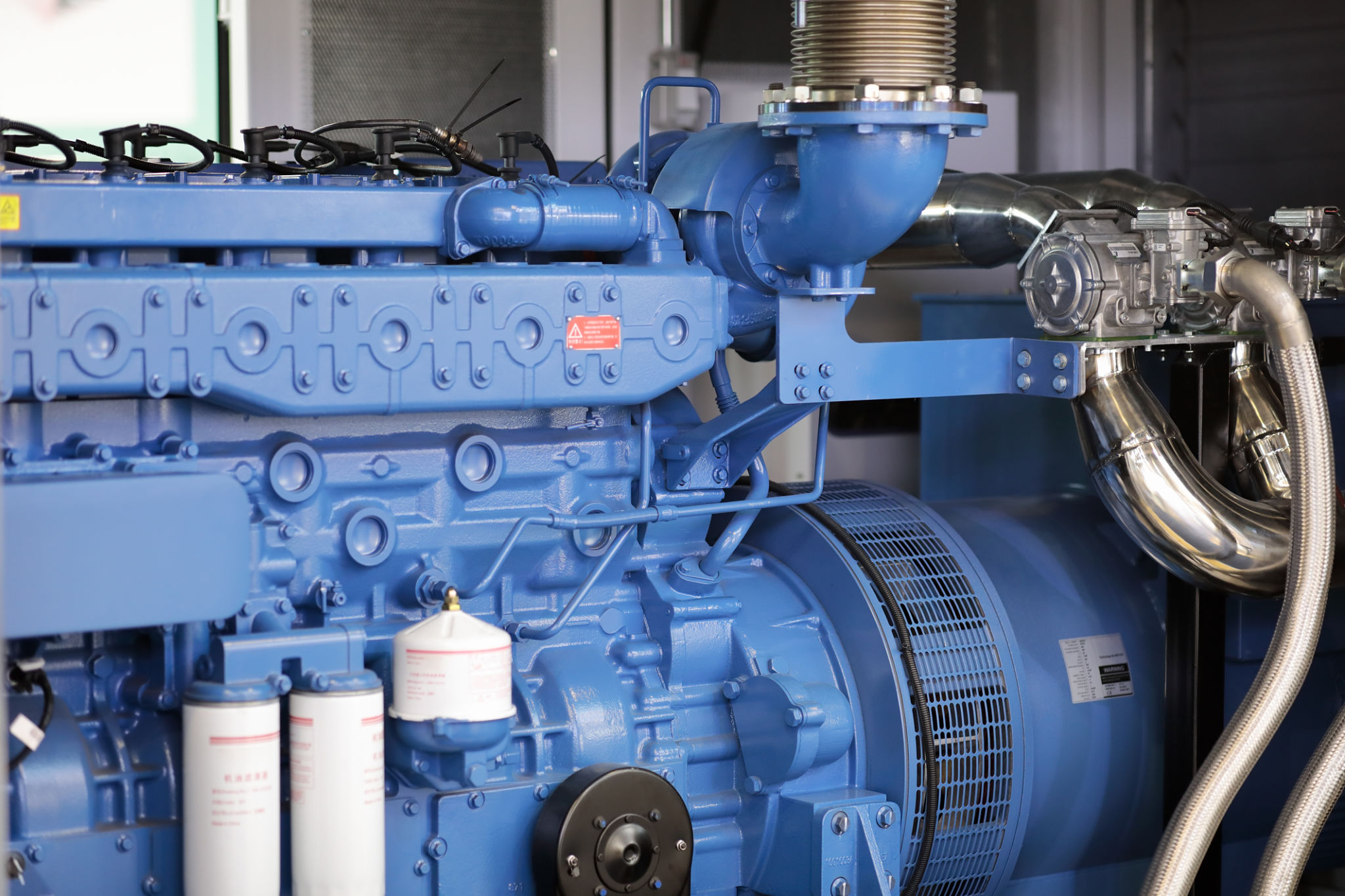Why Regular DPF Cleaning is Essential for Your Vehicle's Performance
SS
Understanding the Diesel Particulate Filter (DPF)
The Diesel Particulate Filter, commonly known as the DPF, is a crucial component in modern diesel engines. Its primary role is to capture and store exhaust soot in order to reduce emissions from diesel vehicles. Over time, however, the accumulated soot can clog the filter, leading to a range of issues that can affect your vehicle's performance and efficiency.

The Consequences of a Clogged DPF
A clogged DPF can lead to several problems. Some of the most common issues include reduced engine performance, increased fuel consumption, and potential engine damage. When the filter is blocked, it causes exhaust backpressure, which can strain the engine and lead to a noticeable decline in power and responsiveness.
Additionally, ignoring DPF maintenance can trigger warning lights on your dashboard, which might lead to expensive repairs if not addressed promptly. Therefore, regular maintenance and cleaning of the DPF are crucial to prevent these complications.
Benefits of Regular DPF Cleaning
Regular DPF cleaning offers numerous benefits that go beyond just maintaining vehicle performance. Here are some reasons why you should prioritize this aspect of vehicle care:
- Enhanced Engine Efficiency: A clean DPF ensures optimal airflow, allowing the engine to operate smoothly and efficiently.
- Reduced Fuel Consumption: With less strain on the engine, your vehicle will consume less fuel, saving you money in the long run.
- Extended Vehicle Lifespan: Regular maintenance helps prevent costly engine repairs and prolongs the overall lifespan of your vehicle.

How Often Should You Clean Your DPF?
The frequency of DPF cleaning largely depends on your driving habits and vehicle type. For vehicles primarily used for short trips or city driving, more frequent cleaning may be necessary due to the higher likelihood of soot accumulation. Conversely, highway driving typically results in less frequent cleaning requirements.
Most manufacturers recommend having your DPF checked and cleaned every 12,000 to 18,000 miles. However, consulting your vehicle's manual or a trusted mechanic can provide more tailored advice based on your specific driving conditions.
Methods of Cleaning a DPF
There are several methods available for cleaning a DPF, each with its own advantages. Understanding these options can help you choose the best approach for your vehicle:
- Passive Regeneration: This occurs naturally during normal driving when the exhaust temperature is high enough to burn off soot.
- Active Regeneration: If passive regeneration is insufficient, active regeneration is initiated by injecting extra fuel into the exhaust system to increase temperatures and burn off soot.
- Forced Regeneration: In service centers, technicians can perform a forced regeneration using specialized equipment to clean the filter.

Professional vs. DIY DPF Cleaning
While DIY cleaning solutions are available, they often lack the effectiveness of professional services. Professional cleaning ensures thorough removal of soot and ash deposits that DIY methods might miss. Expert technicians use advanced equipment to safely and efficiently restore your DPF to optimal condition.
Moreover, professionals can inspect the filter for any damage or wear that might require additional attention, providing peace of mind that your vehicle is in good hands.
Conclusion: Prioritize Your DPF Maintenance
In conclusion, regular DPF cleaning is essential for maintaining your vehicle's performance and efficiency. By keeping this vital component in check, you can enjoy smoother drives, reduced fuel costs, and a longer-lasting engine. Don't overlook this important aspect of vehicle maintenance—schedule your DPF cleaning today!
